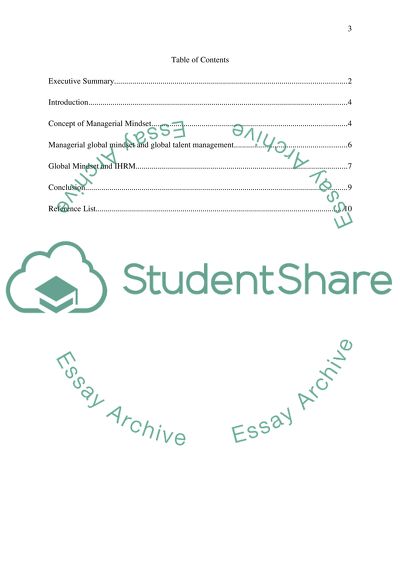Cite this document
(“Global Human Capital Essay Example | Topics and Well Written Essays - 2000 words”, n.d.)
Retrieved de https://studentshare.org/human-resources/1685198-global-human-capital
Retrieved de https://studentshare.org/human-resources/1685198-global-human-capital
(Global Human Capital Essay Example | Topics and Well Written Essays - 2000 Words)
https://studentshare.org/human-resources/1685198-global-human-capital.
https://studentshare.org/human-resources/1685198-global-human-capital.
“Global Human Capital Essay Example | Topics and Well Written Essays - 2000 Words”, n.d. https://studentshare.org/human-resources/1685198-global-human-capital.


